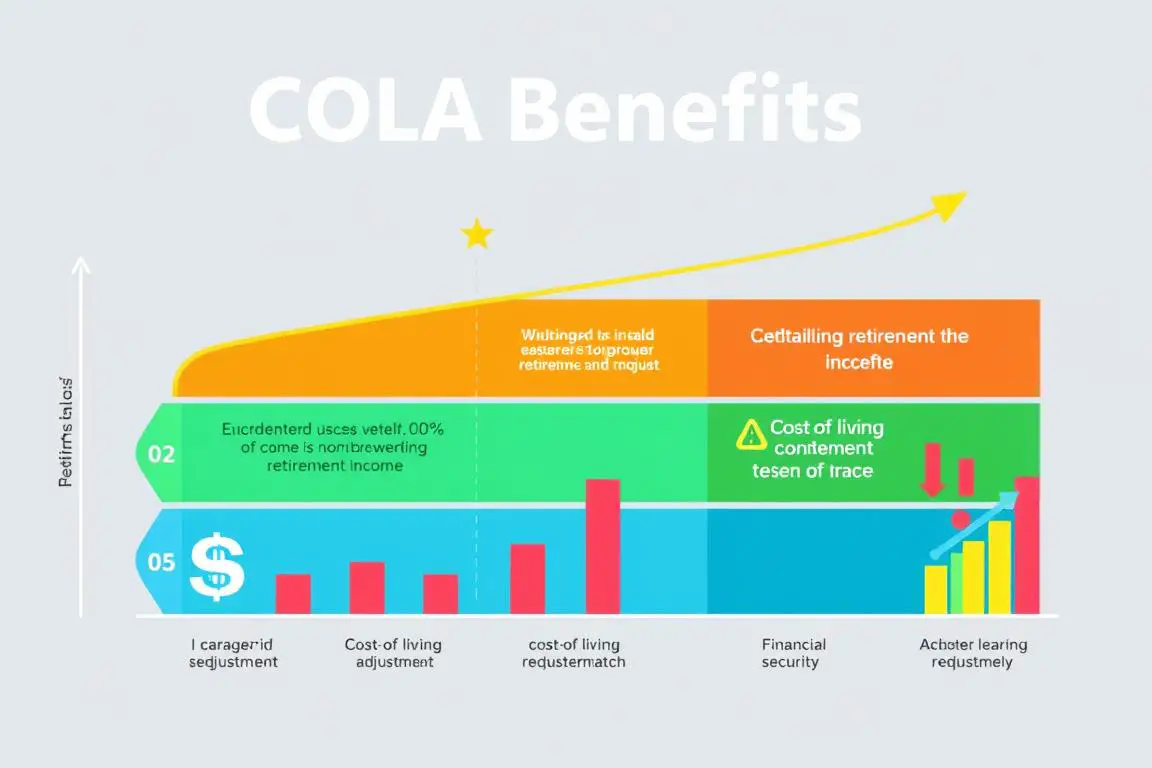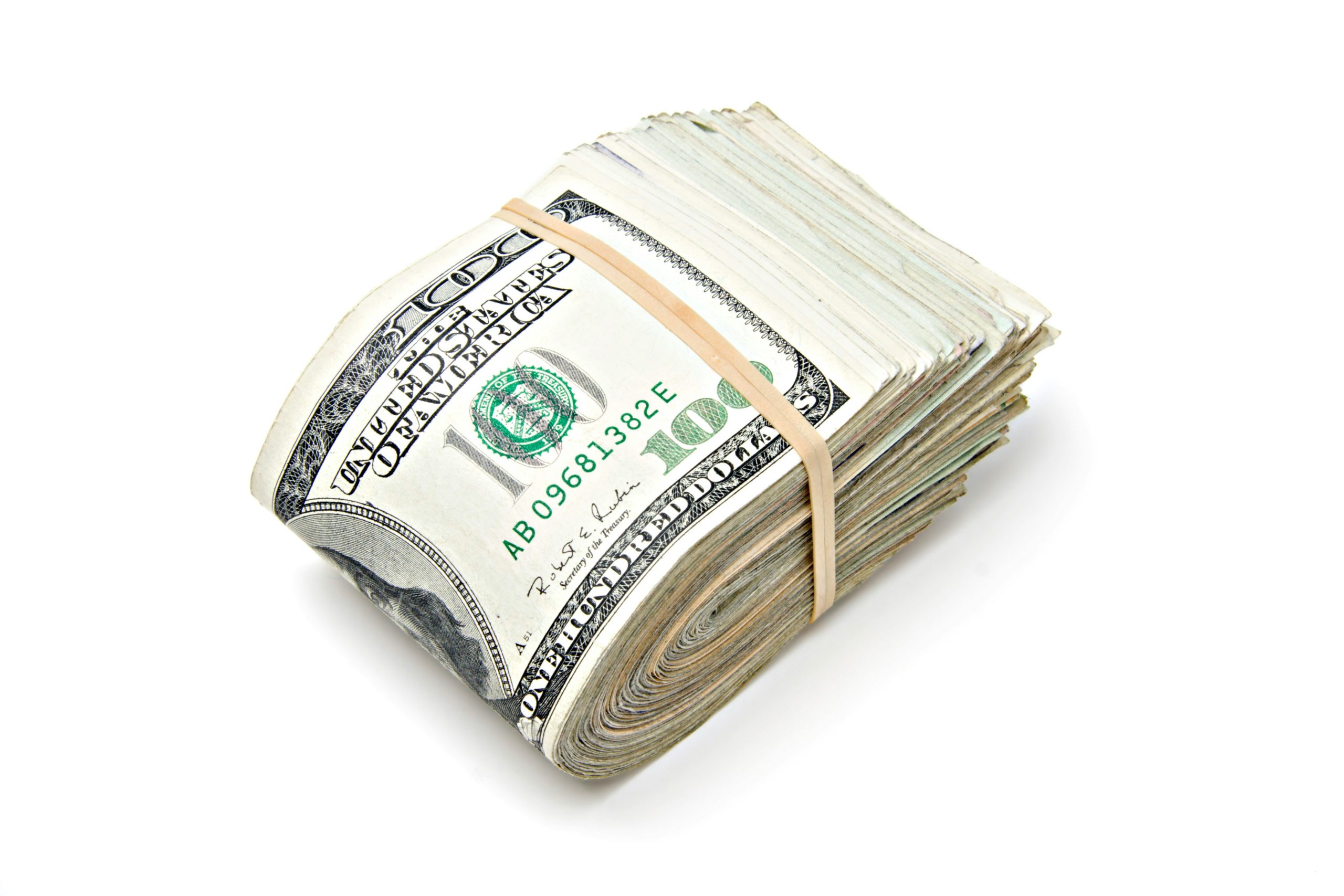Finding the Best Bad Credit Loans: How Credit Unions Can Help You Secure a Loan with Bad Credit


Having a low credit score can make getting a loan tough. But, credit unions offer hope, especially for those with bad credit. They’re more open to helping people with bad credit. They have loans designed for your financial needs.
We’ll look into how credit unions help with bad credit loans. We’ll cover the types of loans they offer and what they look at when you apply.
https://youtube.com/watch?v=gY3k8Sm7Y7U
Key Takeaways
Credit unions are often more lenient in their lending criteria compared to traditional banks, making them a viable option for individuals with bad credit.
Credit unions offer various types of bad credit loans, including unsecured personal loans, secured loans, and credit-builder loans, catering to different financial needs.
Factors like credit score range, income, employment, and debt-to-income ratio are crucial in the credit union’s evaluation process for bad credit loans.
Bad credit loans can be used as a stepping stone to improve your credit score and rebuild your financial profile.
Exploring alternatives to bad credit loans, such as secured credit cards or credit-builder loans, can also help you build your credit over time.
Understanding Bad Credit and Its Impact
Your credit score is key to getting loans, credit cards, and other financial products. Many Americans face bad credit, limiting their options and leading to higher interest rates and fees.
What is Bad Credit?
Bad credit means a credit score below 670 on the FICO scale or 640 on the VantageScore scale. It can come from late or missed payments, high debt, a short credit history, or identity theft or errors on your report.
How Bad Credit Affects Your Loan Options
Lenders see you as a higher risk with bad credit. This makes it harder to get loans, and if you do, you’ll face worse terms, like:
Higher interest rates – You’ll pay more to offset the risk of lending to someone with poor credit.
Additional fees – You might face extra charges like origination fees and application fees.
Stricter credit requirements – You might need a higher score, a bigger down payment, or other tough criteria.
Some people with bad credit might even be denied loans, making it harder to get the financing they need.
Credit Score Range Credit Quality Loan Eligibility
800-850 Excellent Highest likelihood of approval and best rates
740-799 Good Likely to be approved with good rates
670-739 Fair May be approved with higher rates or additional requirements
580-669 Poor Difficult to obtain loans or may face very high rates
500-579 Very Poor Significant barriers to obtaining loans
Knowing how bad credit impacts your loan options is key when looking for financing, especially if you have a less-than-perfect credit history.
The Benefits of Credit Unions for Bad Credit Loans
Getting a loan with poor credit can be tough. But, credit unions offer a better option than traditional banks for bad credit loans. They focus on the community and understand the financial struggles of their members. They’re more likely to work with people who have bad credit.
Credit unions offer a personal touch that big banks don’t. They know their members’ financial stories and can adjust loan terms to fit. This means they might give lower interest rates, easier repayment plans, and other options.
Being not-for-profit, credit unions care more about helping members than making money. They’re more willing to support people who’ve had financial trouble before. They aim to help these individuals rebuild their credit and meet their financial goals.
Applying for a loan at a credit union is more personal. They take the time to understand your unique financial situation. This helps them find the best loan options for you, especially if you have bad credit.
So, getting a bad credit loan from a credit union has many advantages. They offer a caring and flexible way to get the funds you need. This can also help you improve your financial situation over time.
Benefit Description
Personalized Approach Credit unions understand the unique financial situations of their members and are more willing to work with borrowers who have bad credit.
Flexible Lending Criteria Credit unions may offer lower interest rates, more manageable repayment schedules, and alternative collateral options for bad credit loans.
Empathetic Support As not-for-profit organizations, credit unions often have a more compassionate and supportive approach when working with borrowers who have faced financial challenges.
Personalized Application Process Credit unions take the time to understand each applicant’s unique circumstances and financial needs, helping to identify the best loan options.
Types of Bad Credit Loans Offered by Credit Unions
When you need a loan with bad credit, credit unions can be a big help. They offer various loan options for people with less-than-perfect credit. Let’s look at the different bad credit loans credit unions provide.
Unsecured Personal Loans
Unsecured personal loans are a top choice for those with bad credit. These loans don’t need collateral, making them easier to get for those without assets. Credit unions look at more than just your credit score. They consider your job history and income too when reviewing your loan application for bad credit loans.
Secured Loans
For those with bad credit, secured loans can be a good option. These loans require you to offer something valuable as collateral, like a car or home. Secured loans usually have lower interest rates than unsecured loans because they’re less risky for lenders. But, you’ll need good credit or a valuable asset to use as collateral for a secured loan.
Credit-Builder Loans
Credit-builder loans are special loans from credit unions that help people with bad credit. These loans are made to help you build or improve your credit by paying back the loan on time. The money is kept in an account until you pay off the loan, helping you build a good credit history without needing a lot of money upfront.
Knowing about the different bad credit loans credit unions offer helps borrowers make better choices. Whether it’s an unsecured personal loan, a secured loan, or a credit-builder loan, credit unions can really help those with bad credit.
Loan Type Description Collateral Required Credit Score Requirement
Unsecured Personal Loan Loan without any collateral None May be more flexible than traditional lenders
Secured Loan Loan requiring collateral, such as a car or home Yes Typically requires good or excellent credit
Credit-Builder Loan Loan designed to help build or rebuild credit None May be available to those with bad credit
Factors Credit Unions Consider for Bad Credit Loans
Credit unions offer a personalized way to look at loans for people with bad credit. They check your credit score range, income and employment status, and debt-to-income ratio to see if you’re a good borrower.
Credit Score Range
A low credit score doesn’t mean you’re a high-risk borrower to credit unions. They often have minimum credit score requirements that are easier to meet than banks or online lenders. They look at your financial history and how you manage your credit.
Income and Employment
Having a steady income and employment is key for credit unions. They want to make sure you can pay back the loan on time, even with a bad credit history. They focus on your ability to repay the loan based on your current finances.
Debt-to-Income Ratio
Your debt-to-income ratio is also important to credit unions. It shows how well you manage your debts compared to your income. If your ratio is good, credit unions might be more likely to approve your loan, even if your credit score is low.
Credit unions look at the whole picture when deciding on loans for people with bad credit. This way, they can help credit who need get personal loan with bad credit. This can help you improve your financial situation and reach your goals.
Best Loans for Credit Repair
Getting a loan with bad credit can be tough. But, there are loans out there that can help you fix your credit score. Let’s look at some top loans for credit repair.
Secured Loans
Secured loans, like a secured personal loan or a secured credit card, are great for bad credit. You need to offer something valuable as collateral, making it safer for the lender. Paying on time helps improve your credit score.
Credit-Builder Loans
Credit-builder loans are made for people with bad credit or no credit at all. You borrow money and put it in a special account. Paying back each month helps build your credit score.
Personal Loans from Credit Unions
Credit unions often help people with bad credit more than banks do. They offer personal loans with good rates and flexible terms. Paying back a personal loan on time can boost your credit score.
When looking for the best loans for credit repair, think about your financial situation and credit needs. Look for the best lenders with the best rates and best loan options. With the right loan and good money management, you can improve your credit and reach your financial goals.
Loan Type Benefits for Credit Repair Key Considerations
Secured Loans
Collateral reduces lender risk
On-time payments reported to credit bureaus
Can help build or rebuild credit
Requires collateral (e.g., savings account, asset)
May have higher interest rates
Credit-Builder Loans
Specifically designed to build credit
On-time payments reported to credit bureaus
Borrowed amount held in escrow
Upfront cost for the borrowed amount
Limited access to funds until loan is repaid
Personal Loans from Credit Unions
Best rates and best loan options for bad credit
Flexible terms and competitive interest rates
On-time payments reported to credit bureaus
May require membership with a credit union
Eligibility based on credit score and financial profile
Tips for Improving Your Credit Score
Improving your credit score can seem tough if you have bad credit. But, with a plan and discipline, you can work on building or rebuilding your credit. Here are some tips to help you improve your credit score:
Monitor Your Credit Report Regularly: Check your credit score and report often. Look for errors or inaccuracies. If you find any, dispute them with the credit bureaus to keep your credit history right.
Pay Bills on Time: Your payment history is key to your credit score. Always pay your bills, like credit card and loan payments, on time.
Reduce Debt Levels: Keep your credit utilization ratio below 30%. This means use less of your available credit. Consider a personal loan with bad credit to combine debts and lower your debt.
Use Credit-Building Tools: Tools like secured credit cards or credit-builder loans can help build or rebuild your credit. They’re great for people with bad credit or borrowers with low credit scores.
Maintain Credit Diversity: Having different credit types, like credit cards and loans, shows you can handle various credit well.
Improving your credit score takes time. Stick to these tips and good credit habits to see your score go up. This will also help you get better bad credit loans in the future.
Credit Score Range Credit Quality
800-850 Excellent
740-799 Good
670-739 Fair
580-669 Poor
500-579 Very Poor
How to Apply for a Bad Credit Loan at a Credit Union
Applying for a bad credit loan might seem tough, but credit unions can help. They offer personalized loan solutions and support for those with bad credit. Working with a credit union can make getting financing easier, even with a bad credit history.
Required Documents
To apply for a bad credit loan at a credit union, you’ll need certain documents. These include:
Proof of income (pay stubs, tax returns, or bank statements)
Proof of employment (recent paystubs or a letter from your employer)
Valid government-issued identification (such as a driver’s license or passport)
Information about any existing debts or financial obligations
Application Process
Here’s how to apply for a bad credit loan at a credit union:
Initial Consultation: You’ll talk with a credit union rep about your finances, credit history, and what you need.
Credit Evaluation: The credit union will check your credit report and see if you’re a good candidate. They look at your credit score, income, and debt-to-income ratio.
Loan Approval: If you’re approved, you’ll get the loan details, like the interest rate, repayment plan, and any fees.
Funding: After you agree to the loan terms, the credit union will process the loan and give you the money, usually in a few days.
It’s key to be honest about your bad credit history during the application. Working closely with the credit union can help you find the right loan. This way, people with bad credit can get the funds they need and start improving their credit.
Comparing Bad Credit Loan Options
When looking for a loan with bad credit, it’s key to know the differences between options. Credit unions, banks, and online lenders offer bad credit loans, but their terms vary. By comparing interest rates, fees, and charges, people with poor credit can find the best loan for their needs.
Interest Rates
Bad credit loans often have higher interest rates than loans for good credit. Credit unions might offer better rates than banks or online lenders. They are non-profit and focus on helping members, not making profits. Borrowers with bad credit can expect to pay interest rates from 10% to 35% on a personal loan, based on their credit and the lender.
Fees and Charges
Bad credit loans also have various fees and charges, like origination fees, application fees, and late payment fees. Credit unions usually have lower fees than banks or online lenders, making them cheaper for people with poor credit. It’s important to look over the loan terms and know all the costs before agreeing to anything.
By comparing the interest rates and fees of different bad credit loan options, borrowers can make a smart choice. Credit unions, with their focus on members and competitive rates, can be a great choice for those with bad credit looking for a personal loan.
Alternatives to Bad Credit Loans
For people with bad credit, traditional bad credit loans might not be the best choice. But, there are other ways to get the money you need. These options can also help you improve your credit score over time.
Secured loans are one such option. They need collateral, like a car or home, which the lender can take if you don’t pay back. If you have valuable assets, secured loans can be an option even with bad credit. They usually have lower interest rates than bad credit loans.
Credit-builder loans are great for those with poor credit or no credit at all. They help you build and improve your credit score. You get the loan amount in an account and must pay it back. Once you’ve paid off the loan, you can use the money.
Secured credit cards are also good for people with bad credit. You need to put down a deposit to get the card. Paying on time and keeping your credit use low can help raise your credit score.
When looking for alternatives to bad credit loans, avoid those without credit checks or collateral. They often have high interest rates and fees. Instead, choose options that help you build or improve your credit, like secured loans, credit-builder loans, and secured credit cards.
Rebuilding Credit After a Bad Credit Loan
Getting a bad credit loan can be a step towards rebuilding your credit and bettering your finances. But, it’s just the start. Rebuilding credit after a bad loan needs patience, hard work, and a plan. By taking the right steps, people can build or rebuild their credit and get back on stable financial ground.
One key part of rebuilding credit is paying on time for the bad credit loan. Paying bills on time is key to improving your credit score and showing you’re good with credit. Using automatic payments or reminders can help you avoid missing payments.
Check your credit report often to make sure everything is correct and spot any mistakes or disputes.
Use credit-building tools, like secured credit cards or credit-builder loans, to improve your credit history and show you’re creditworthy.
Keep your credit utilization low by not letting your credit card balances get too high.
Rebuilding credit is a slow process that requires ongoing effort, but it’s worth it. By adopting good credit habits and sticking with it, people with bad or no credit can slowly improve their credit score. This opens up better loan options for the future.
Credit repair is a long-term process, not a quick fix. By doing the right things and keeping a positive credit record, borrowers with low credit scores can rebuild their credit. This leads to financial stability over time.
Conclusion
This article has shown how credit unions can help people with bad credit get the loans they need. We’ve looked at how poor credit scores affect you and the loan options out there. Now, you know how to start fixing your credit and reaching your financial goals.
Credit unions offer different loans like unsecured personal loans, secured loans, and credit-builder loans for those with bad credit. They consider your credit score, income, and debt-to-income ratio to guide you to the right loan. This way, they help you find the best loans for fixing your credit.
Starting to improve your credit requires consistency, patience, and looking at all your options. Working with a credit union gives you the tools and support to build credit, improve your credit score, and get the financing you need. So, take the first step today and check out the best loans for credit repair at your local credit union.






